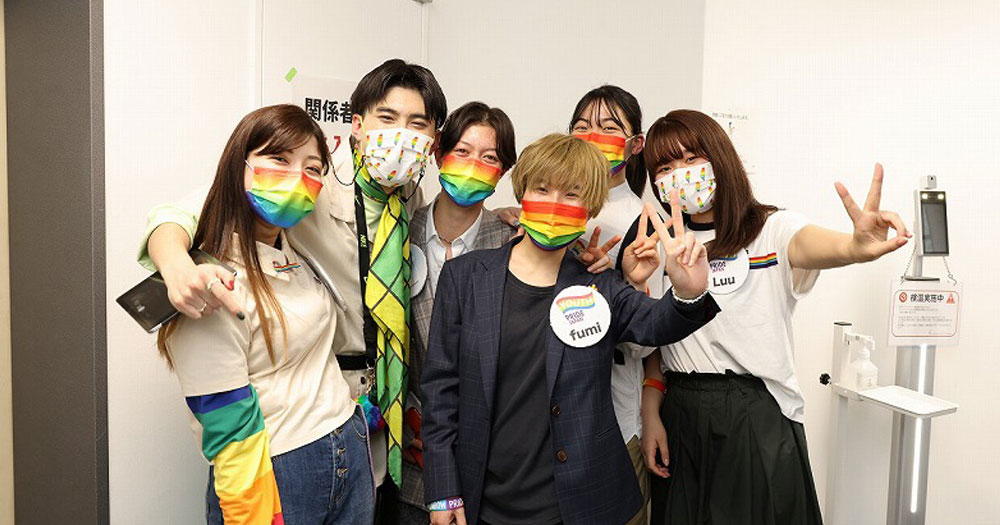The governor of Tokyo has moved to recognise same-sex partnerships, and with a population of 14 million, it is the largest city in Japan to do so. The Metropolitan government, after a unanimous call, plans to introduce legislation that effectively allows same-sex partnership by the end of the following financial year, ending March 2023.
“In response to the wishes of Tokyo residents and those concerned by this issue, we will draft a basic principle to recognise same-sex partnerships this fiscal year,” announced Governor Yuriko Koike, as reported by The Japan Times.
Certain small municipalities have already introduced a similar plan that officially recognises same-sex couples, giving them some of the same rights as married heterosexual couples.
Shibuya district, in Tokyo, became the first place in Japan to begin issuing “partnership” certificates to same-sex couples in 2015; now, this recognition will soon cover the entire capital city.
Over 100 local governments currently recognise same-sex partnerships through these certificates. This recognition grants couples rights including the ability to visit a partner in hospital and rent a property together.
However, these certificates for LGBTQ+ people are not accepted nationally, and often lack legal clout; sometimes when used in their approved district, the certificates are still not recognised.
Also, though a welcome signal of progress, these partnerships do not include all of the rights available to married couples.
The critical rights not included under this same-sex partnership recognition include being unable to inherit their partner’s assets, not having parental rights over their partner’s children, and not benefiting from tax deductions.
LGBTQ+ activist group Marriage for All Japan noted that “partnership doesn’t have the same legal effects as marriage,” adding, “National government, hurry up on [recognising same-sex] marriage!”
Activists are thus persisting in a gruelling fight for full marriage equality. Last year, more than a dozen couples filed lawsuits across Japan challenging the constitutionality of the government’s failure to recognise same-sex marriages, all of which push the government to progress in its legislation.
In a historic case from March 2021, a court in Japan’s northern Sapporo ruled that Japan’s failure to recognise same-sex marriage is unconstitutional. This was the first ruling in the country on the legality of gay marriage, declaring it was “discriminatory” that same-sex couples “cannot receive even some of the legal benefits that heterosexuals do”.
The ruling was hoped to set a precedent for all other district courts in Japan; however, same-sex marriage equality has not yet been legalised in Japan.
Out of the Group of Seven countries, Japan is the only one that does not recognise same-sex unions, and its constitution states that “marriage shall be only with the mutual consent of both sexes”.
Opinion surveys show the public is largely in favour of equal marriage rights at 57%; however, the long-ruling and conservative Liberal Democratic Party has taken little action.
The prime minister of the party, Fumio Kishida, stated that he has “not reached the point of accepting same-sex marriage”.
© 2021 GCN (Gay Community News). All rights reserved.
Support GCN
GCN is a free, vital resource for Ireland’s LGBTQ+ community since 1988.
GCN is a trading name of National LGBT Federation CLG, a registered charity - Charity Number: 20034580.
GCN relies on the generous support of the community and allies to sustain the crucial work that we do. Producing GCN is costly, and, in an industry which has been hugely impacted by rising costs, we need your support to help sustain and grow this vital resource.
Supporting GCN for as little as €1.99 per month will help us continue our work as Ireland’s free, independent LGBTQ+ media.
